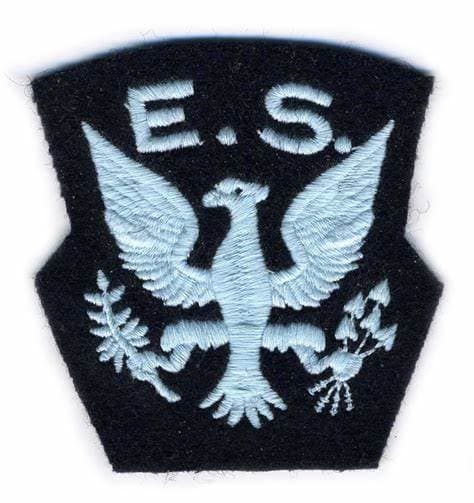
Lunchtime Lecture (London): Americans in the RAF: The Cultural Legacy of 1940-42 Eagle Squadrons
By RAF Museum
hosted by
RAF Museum
share
Lunchtime Lecture (London): Americans in the RAF: The Cultural Legacy of 1940-42 Eagle Squadrons

By RAF Museum
hosted by
RAF Museum
share